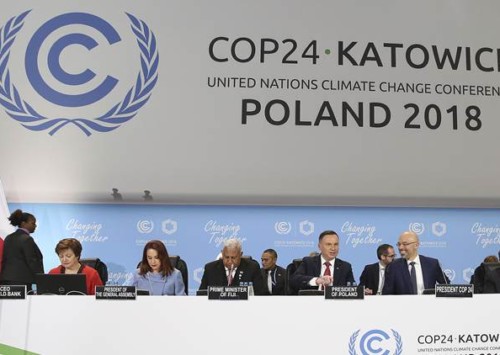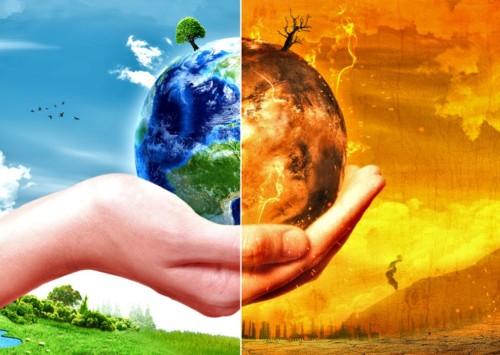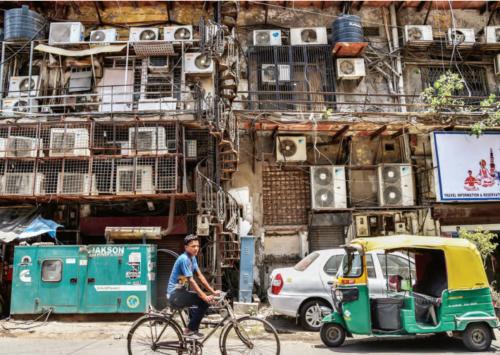Cop24: Developed nations likely to fall short of 2020 emission targets

Developing countries have been arguing that the emission gap created by the developed nations in pre-2020 period will eventually fall upon everyone to fulfil
A report issued by UN Environment said there is a considerable gap between countries’ current preparedness for climate change and the actual measures needed to get communities ready for a future of increasing climate risks.
On the one hand where UN bodies are demanding countries to increase their climate actions, a new assessment by the UN climate body shows that the developed nations were likely to fall short of even their modest emission reduction targets for 2020.
In an assessment by the secretariat of the UN Framework Convention on Climate Change (UNFCCC), made at the request of the developing countries, shows that developed nations had reduced their emissions by 16 pc from their 1990 levels by the year 2016. But a rise in emissions after that has meant that by the year 2020, the emission levels were expected to be only 11.4 pc below the 1990 levels, well short of their collective target of 18 pc.
A report issued by UN Environment said there is a considerable gap between countries’ current preparedness for climate change and the actual measures needed to get communities ready for a future of increasing climate risks. While low- and middle-income countries have shown steady progress, catching up with wealthier nations in their ability to adapt “will take many decades” unless help increases, it said.
The assessment comes at a time when there are growing demands for countries to step up their climate efforts in view of the recent reports that at current pace of emissions, the world would end up getting warmer by more than three degree Celsius above pre-industrial times.
Worrisome issue for developing countries
Developing countries like India and others have, in fact, been rallying support for a proposal that seeks to ensure that the emission gaps resulting from the inaction of the developed countries in the pre-2020 period is filled by the same countries in the post-2020 era. India and other developing countries have been arguing that the emission gap created by the developed nations in pre-2020 period will eventually fall upon everyone to fulfil, and want to guard against this scenario. The Indian delegation present at Katowice has clarified that developing countries like them should not bear “additional burden to developing countries in the post-2020 world”, and therefore, proposed that the developed countries must be made to carry over their unachieved targets beyond 2020 and finish them by 2023.
The US-based Institute for Energy Economics and Financial Analysis said this month that India is on track to achieve two of its three targets well ahead of a 2030 deadline. Even though India is working hard towards its climate goals, the country was the world’s fourth largest carbon dioxide (CO2) emitter, with 7 pc of global emissions. The four major CO2 emitters in 2017, which produced 58 pc of the world’s emissions, were China (27 pc), the United States (15 pc), the European union (10 pc) and India (7 pc), according to the Carbon Global project, a group of researchers that annually publishes emissions projections coinciding with the climate summit. Developing countries have been saying that they cannot step up their efforts to combat global warming unless they get more support in the form of funding and technology.












